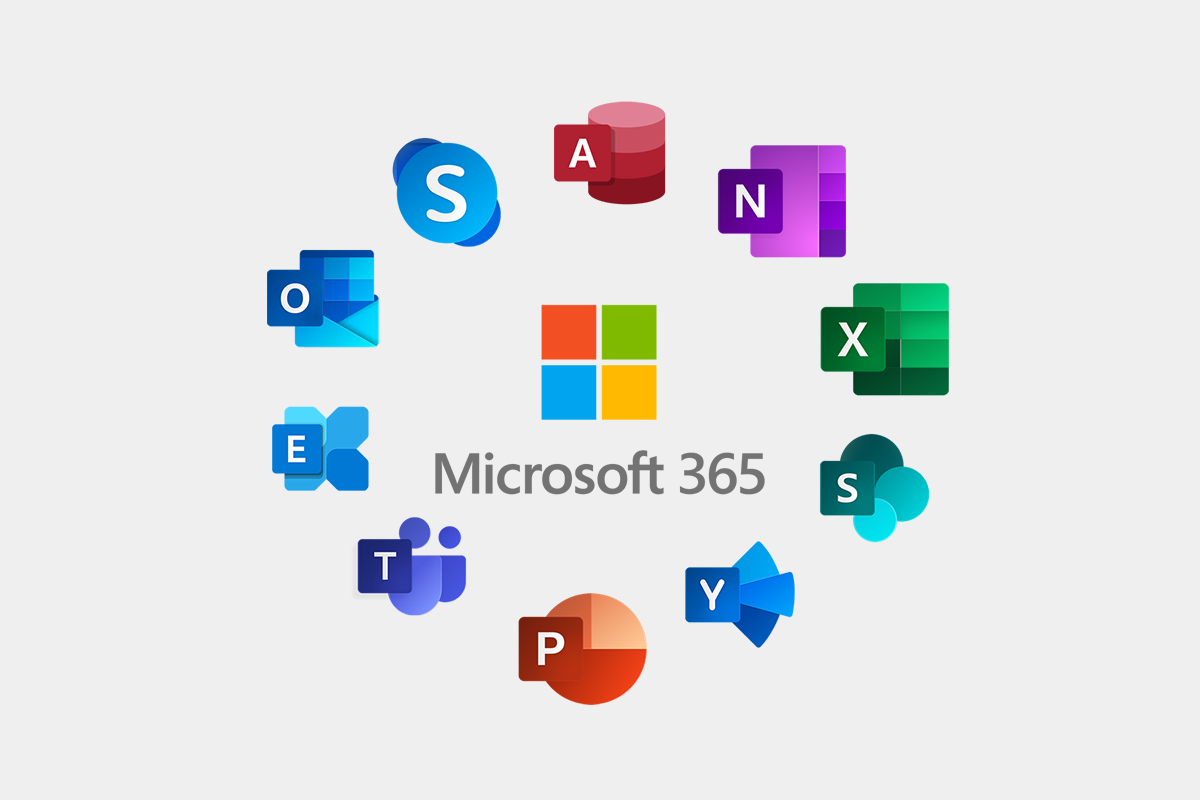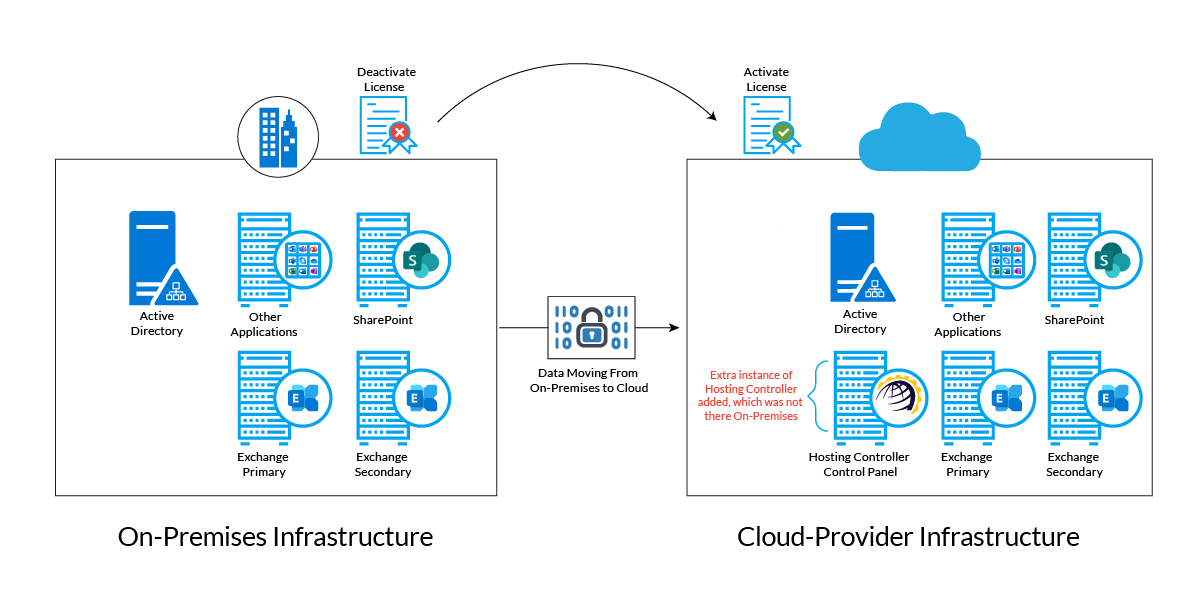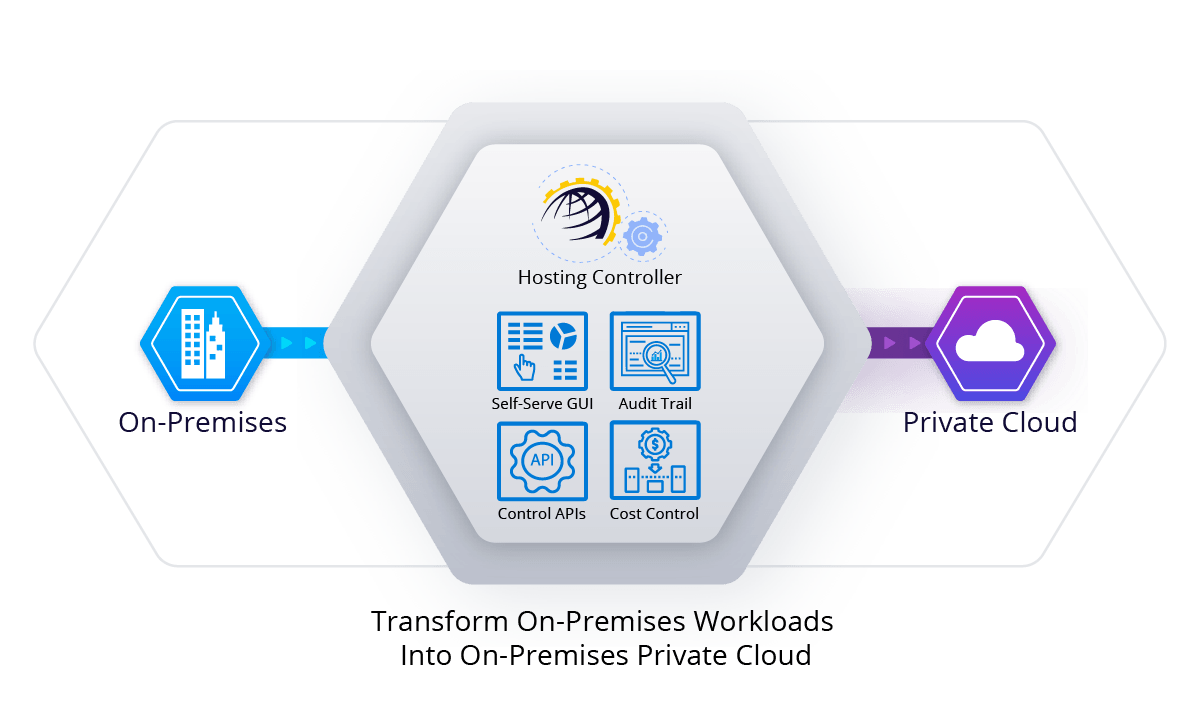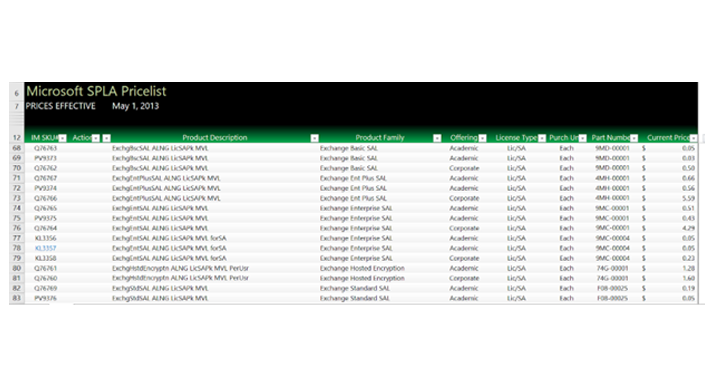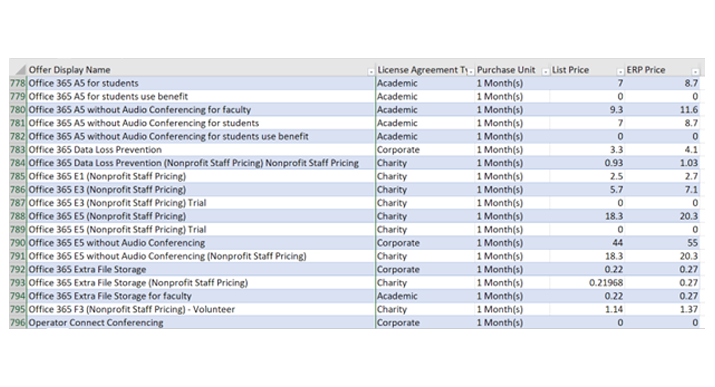Microsoft Apps Cloud: Service Provider Business Models
Microsoft Enterprise Applications suite includes Exchange, Active Directory, SharePoint, Skype for Business, Teams, Hyper-V, RDS, VDI, and Office applications.
Offering these applications in public cloud is mostly dominated by Microsoft 365 but offering these Microsoft enterprise applications in Private and Hybrid clouds is an emerging market for other cloud providers.
An estimated 85% of medium to large organizations worldwide are using Exchange for messaging or Active Directory for identity data.
This document mentions different variations of business models that large cloud providers may offer using technology provided by Hosting Controller.

